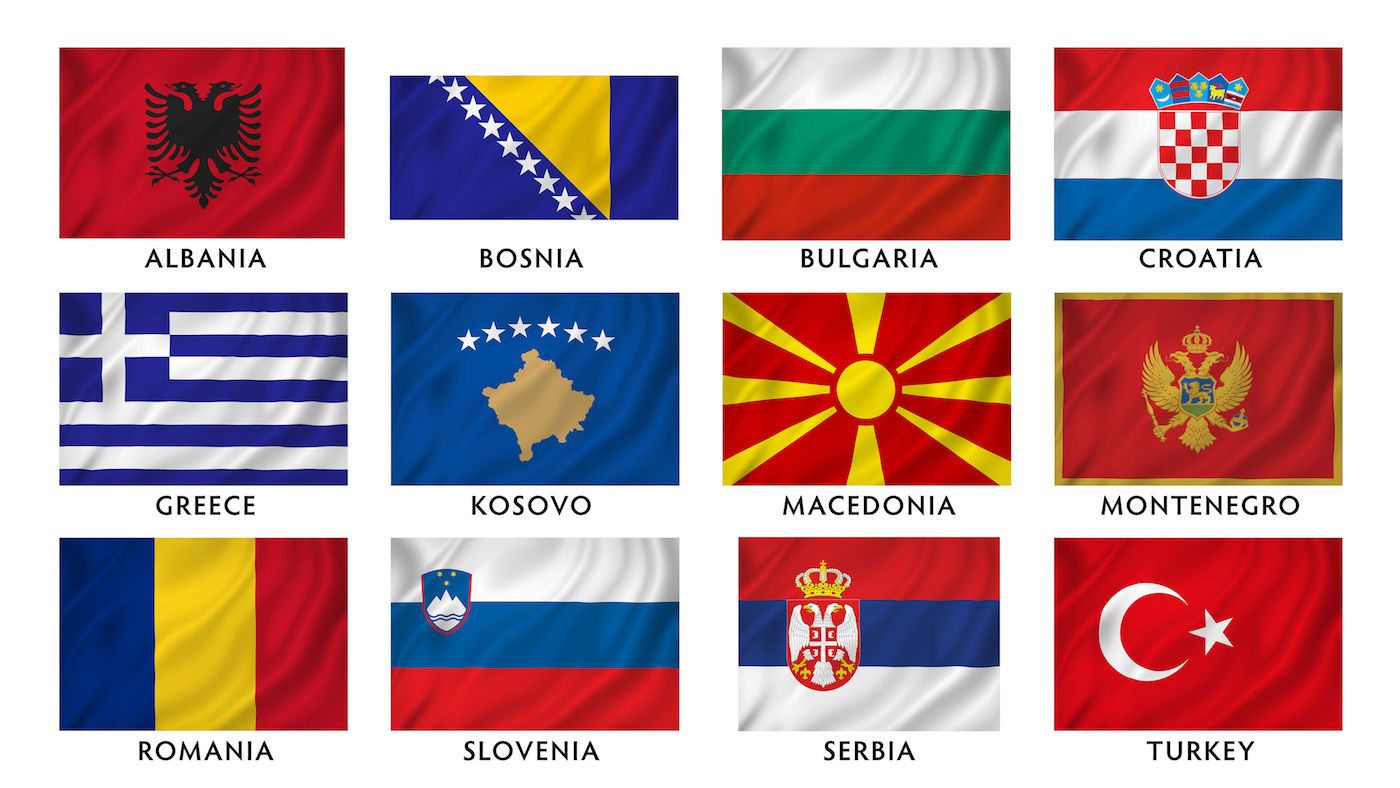The modern independent states of Slovenia, Croatia, Bosnia and Herzegovina, Montenegro, Serbia, Kosovo, and the Republic of Macedonia have spent the greater part of the 20th century in common states (the Kingdom of Yugoslavia, 1918-1945; the Socialist Federal Republic of Yugoslavia, 1945-1991).
The different language policies of these states were shaped by ideological and political concepts based on mutual intelligibility between the four ethnic and national groups that together formed the majority of the population (Croats, Serbs, Bosniaks and Montenegrins).
Succinctly speaking, the linguistic policies in both Yugoslav states were built on the 19th century concept of a Serbo-Croatian language, albeit in different ways. However, all attempts to form such a standardized Serbo-Croatian language that would be accepted by the four ethnic groups ultimately failed and, following the ...

